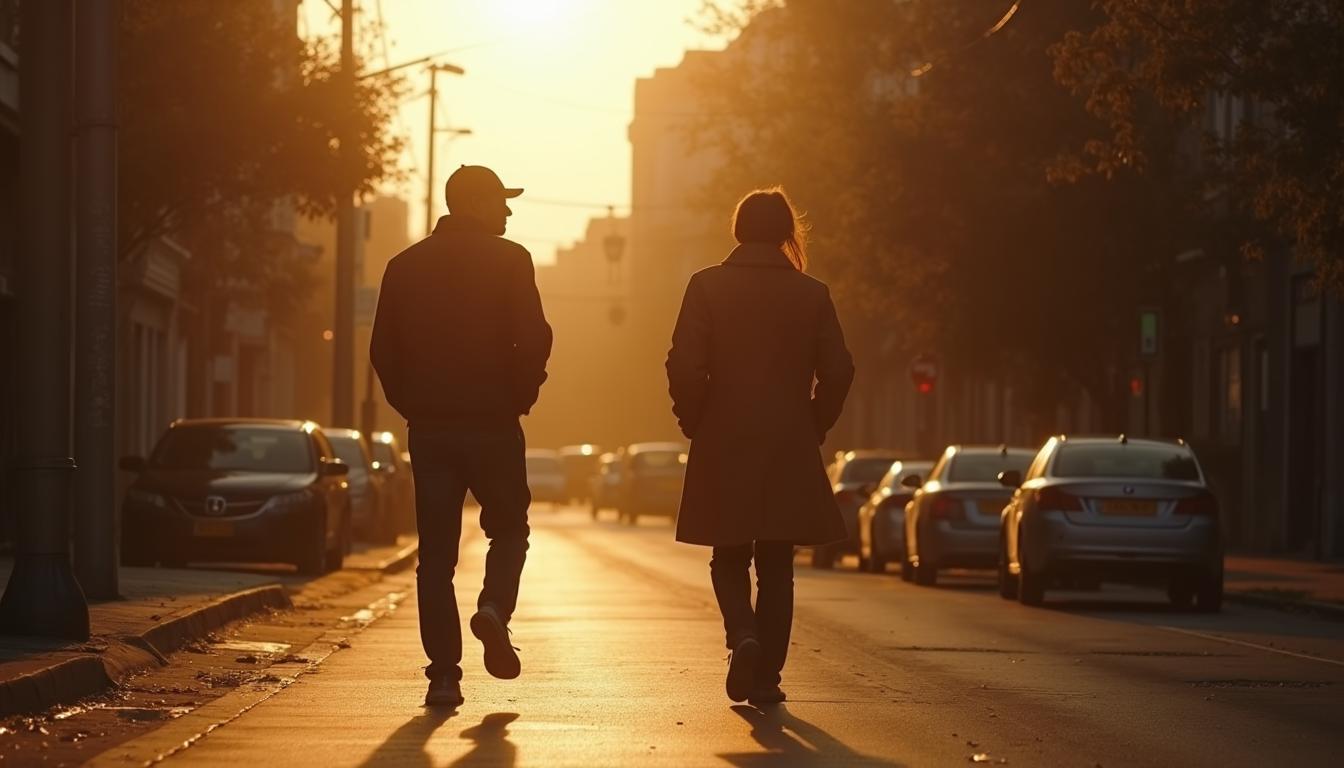Welcome to the Research and Strategy Services at in today's fast-paced.


Our body inevitably changes as we age—from the sagging of our skin to the spots in our body and the frailing of our bones. While some non-invasive procedures and healthy habits may delay the onset, these physical changes are part of aging and cannot be avoided.
These physical changes often cause many diseases and accidents, so it is very important for older people to have the adequate care they need from their family or a senior institution. Some of these accidents, like accidents and falls, can be very dangerous and deadly.
In this article, we will discuss everything about falls that occur among older people—why they happen, what to do to prevent and treat them and the effects and repercussions of a dangerous fall.

Everybody knows what a fall is—an event where a person drops to the ground or any lower level. The causes and reasons vary by condition, environment, or physical or mental capacities.
According to Alex Milligan, Co-founder & CMO of NuggMD, “While researchers are still struggling to agree on a single definition for what a ‘fall’ is, those who have experienced a fall, especially older people, would define fall with an accompanying underlying cause.”
According to the Centers for Disease Control and Prevention (CDC), about 36 million falls are reported each year for older adults aged 65 years old and above, resulting in approximately 32,000 deaths—the numbers of which are reportedly increasing, especially for those 85 years old and older.
What causes falls in older people?
There are so many risk factors that can cause the falling of an older person. It could be due to a physical weakness, a mental incapacity, or a combination of both. Some of them are as follows:
As we age, our body structure and strength inevitably weaken. Our body naturally degenerates and regenerates, but as we grow older, some cells naturally deteriorate our bones without restoring them. This releases the minerals in the bones and creates tiny holes, eventually thinning the outer layer of the bones.
Some of the physical changes we might notice because of these are:
● Weaker lower body
● Difficulty in balancing
● Weaker muscles
● Dizziness
● Poor eyesight and hearing
● Loss of consciousness
● Body deformities
● Foot problems
Falls are generally manageable, even with some physical problems, if family members take extra care and effort to ensure that an older adult's environment is safe and free from danger.
Some of the dangerous environmental factors that may cause a fall in older people are:
● Lack of bodily support like railings, canes, etc.
● Poor lighting around the house
● Messy, slippery, and uneven floors
● Unsafe footwear
If we look at the causes of why people generally fall, we can conclude that older people are more prone to falls than any other age group. Not only is it common, but falls can also be costly and deadly for older people.
According to John Gardner, Co-Founder & CEO of Kickoff, “When we age, our bodies become more frail and therefore cannot handle as much physical activity as when we were younger. The reason why falls are common in older people has much to do with many risk factors rather than one single reason, which is why it is crucial that the family or the institution is aware of their needs.”
Be it a light fall or a hard fall, falls can have dire consequences among older people. Some of these are:
● Broken bones, hips, wrists, arms, or ankles, depending on the gravity and the affected fall area.
● Light concussions of severe head injuries
● Fear of falling again, mainly due to severe trauma from the first fall or because of constant falling
● Death
Because of various health conditions like osteoporosis, weakening of muscles or frailty, and several environmental factors, the repercussions of falls can be light to severe and, when not prevented or treated immediately, can cause the loss of life.
The general treatment methods for fall-related injuries are RICE or Rest, Ice, Compression, and Elevation.
This method works for most mild fall injuries, even for older people. However, it is best to consult a doctor or rush an older patient to the emergency room despite a mild fall to ensure there are no hidden side effects from the fall and address any underlying medical condition that may have caused the fall.

There are many steps you can take to make sure that you or your older loved one is fall-proof, whether inside the house, outside, or at a senior institution:
The best way to prevent a fall is by ensuring that an elder is still physically and mentally active despite age. They don’t have to undergo intense strength training or spend hours at the gym to be physically active.
For older people, following a regular exercise plan is enough, whether taking a 30-minute early morning walk or a 30-minute Zumba class. If you can still do simple workouts, try building your strength from the feet up. Regular movement helps keep our muscles and joints flexible.
Being mentally active and healthy is also important in ensuring our mind is alert in case of any accidents and emergencies. As we age, we tend to neglect our mental health while focusing on physical health, not knowing that both are important gears that keep our overall well-being healthy.
To be mentally healthy as an elder, remember to:
● Keep your social circle alive
● Have hobbies
● Learn which things to let go of for your peace of mind
● Play mind games
● Keep reading and learning
Being generally healthy means attending regular health checkups and avoiding unhealthy, fatty, oily, and sugary foods. For healthy bones, a balanced diet is needed. Also, ensure taking sufficient calcium and Vitamin D to promote bone health.
Also, ensure to have eyesight and hearing tested and checked regularly, as these are the most common perpetrators of falls among older people.
You don’t need to get overwhelmed about taking care of yourself. There are simple ways to improve your overall health—just be constant and be present.
Our environment is responsible for most accidents and falls, not only for older people but everyone in general.
Tim White, Founder of Milepro, says, “A safe space starts with ensuring that there is a place for everything. A toy left behind on the floor, an uncleaned spilled milk, or a wet rug are simple things you might have forgotten, but for households with older people who are at constant risk of falling, these things are definite accidental hazards.”
To make your home a safe space, keep all things in their places, and install assistive devices or give older people assistive devices inside the house.

Most families who cannot care for their senior loved ones decide to leave them in assisted living facilities. There are many senior living options available, be it senior apartments, home care, nursing homes, or memory care, depending on the elder's needs.
In choosing a senior institution, it is important to make sure that these are well-equipped with the right assistive devices for seniors, as well as a good track record of medical aids, to help your loved ones prevent and get cared for in case of a fall.
Older people are at higher risk of accidental falls due to many different health and environmental factors, now more than ever.
Many of these factors are within our control, so it is crucial to make sure that, when living with an older adult, we make our homes a safe space to live in and provide them with the best care to lessen the risks of falling and its life-threatening repercussions.






Welcome to the Research and Strategy Services at in today's fast-paced.

Learn about NeuroTracker's free add-on program to kick start healthy brain habits with Human66

Learn the reasons why the December holidays have a particular energy to them from a cognitive perspective.

Learn why “Bah Humbug” people might be the most honest of all...
.png)